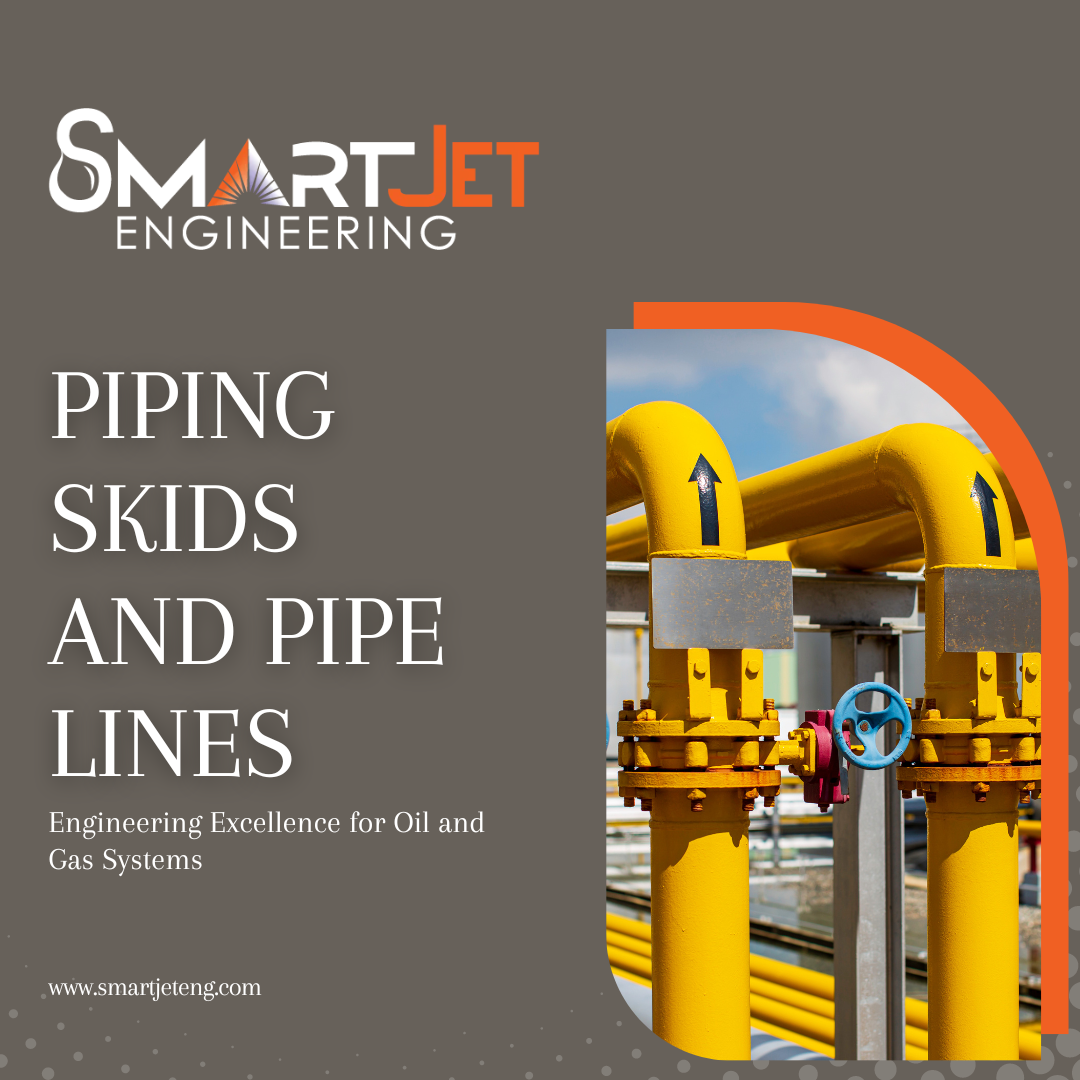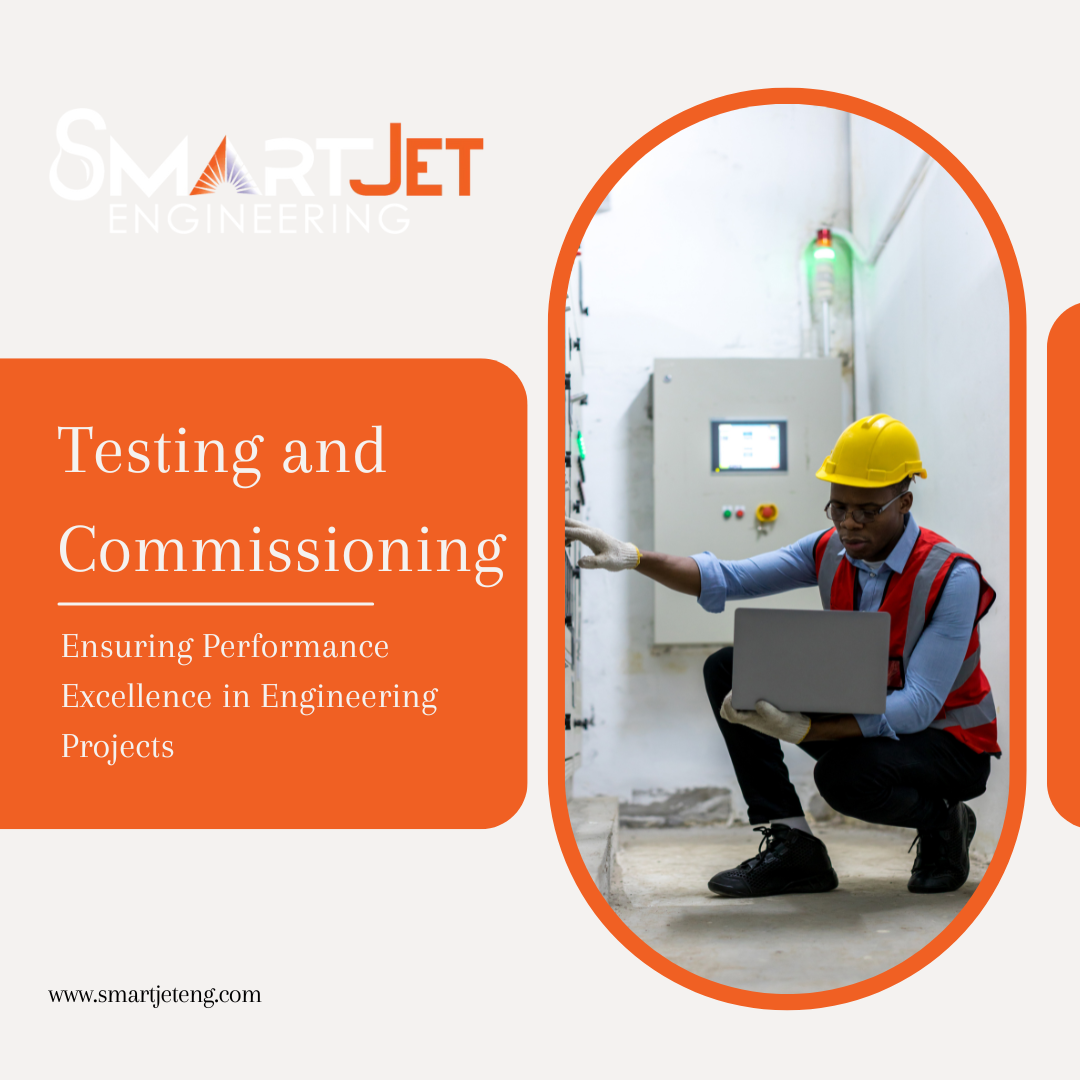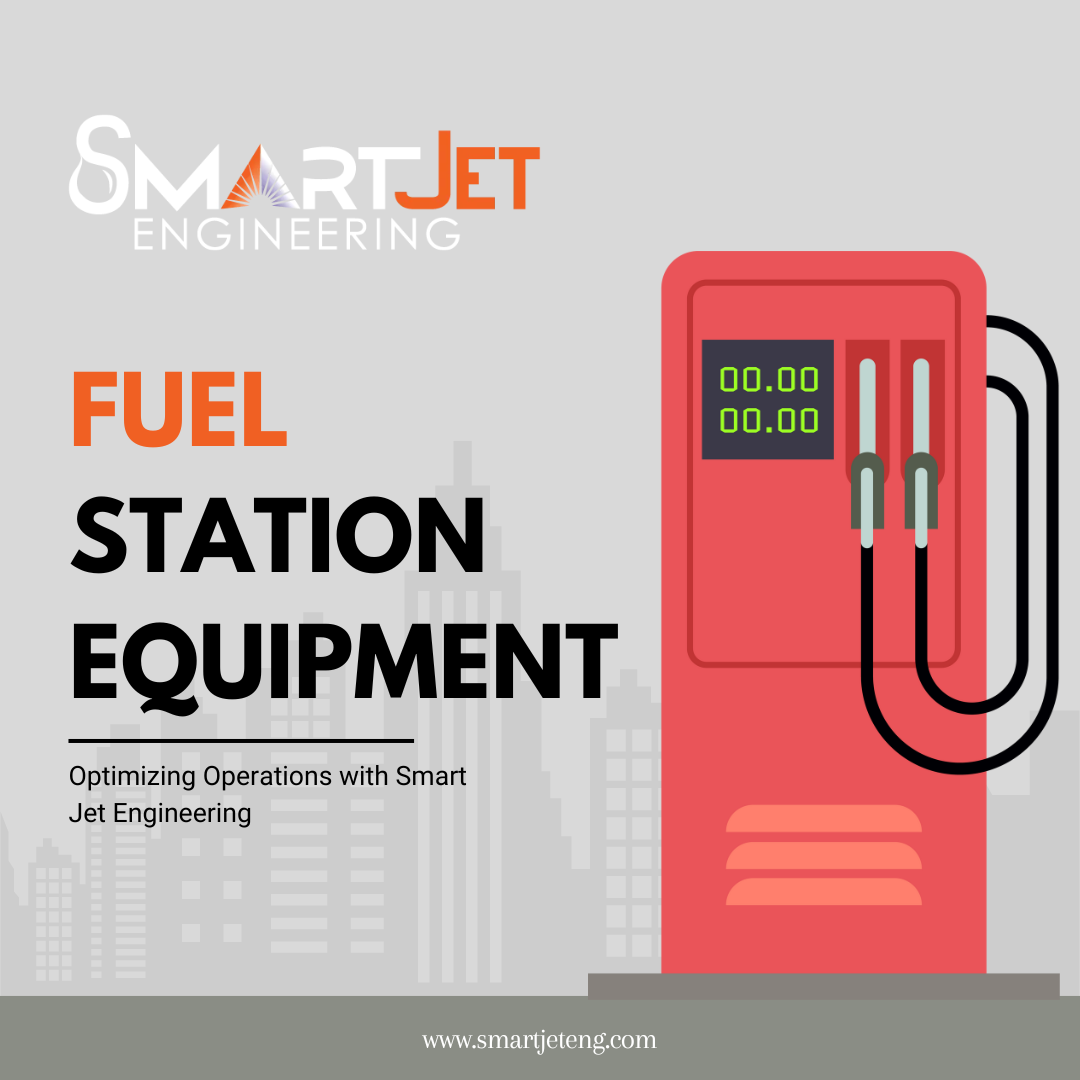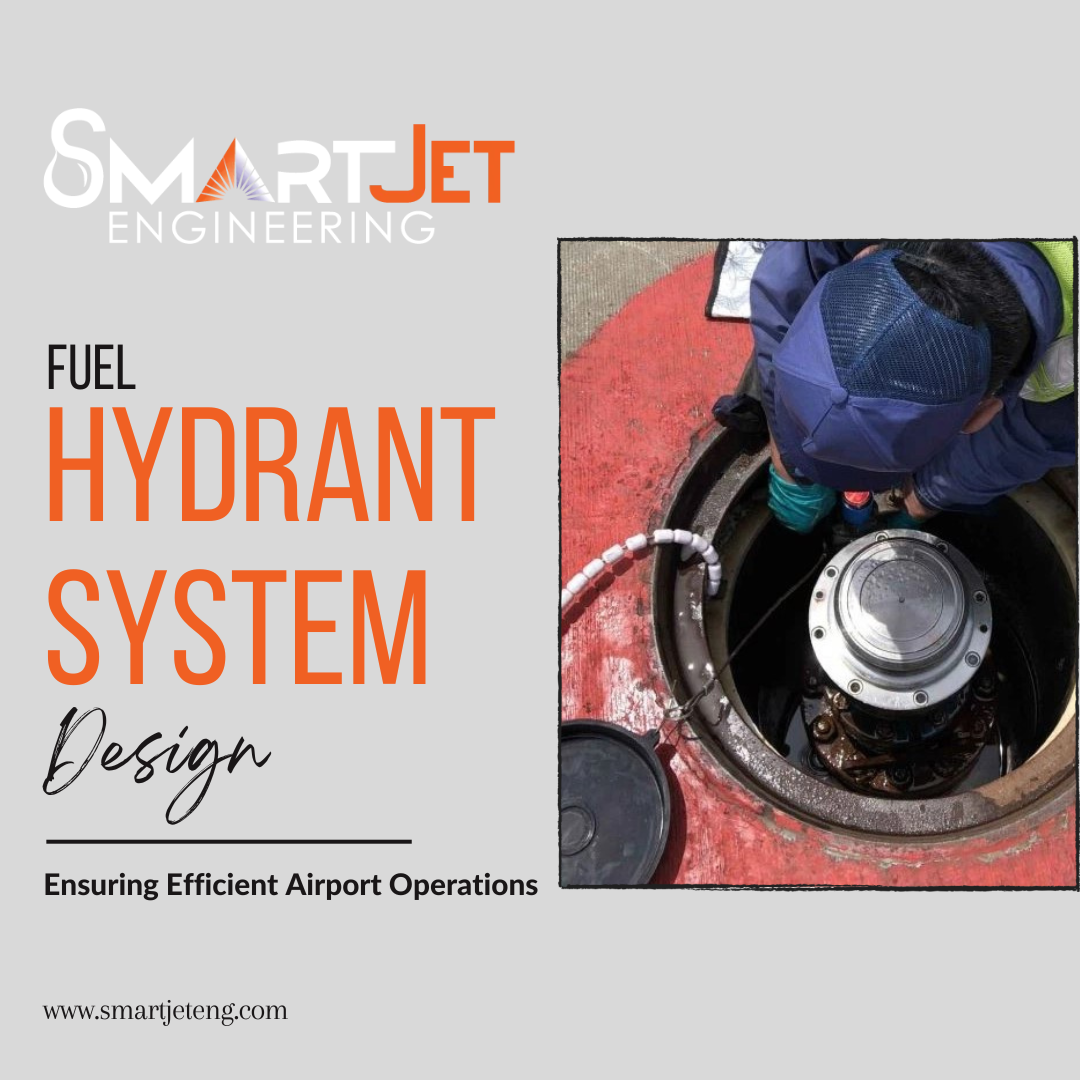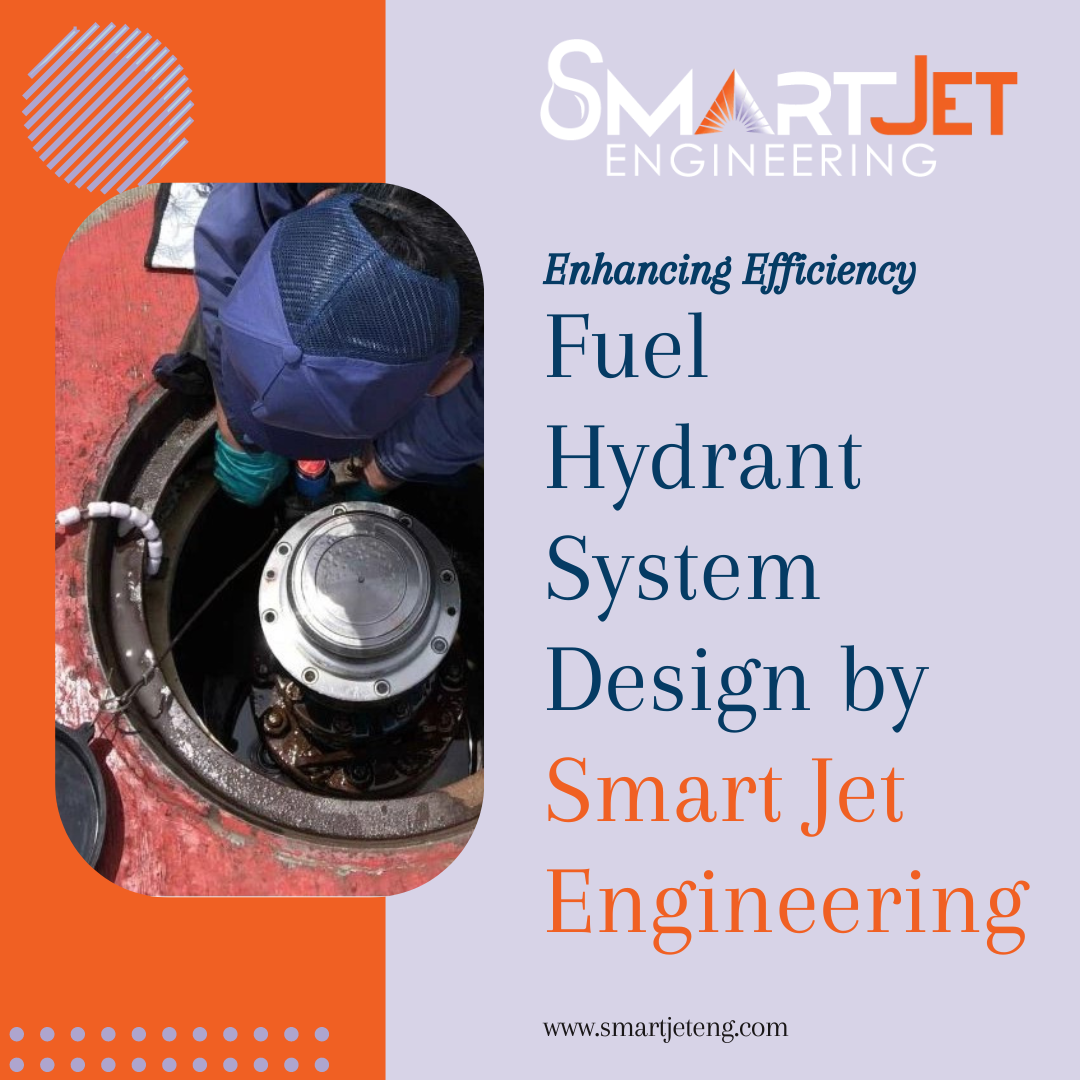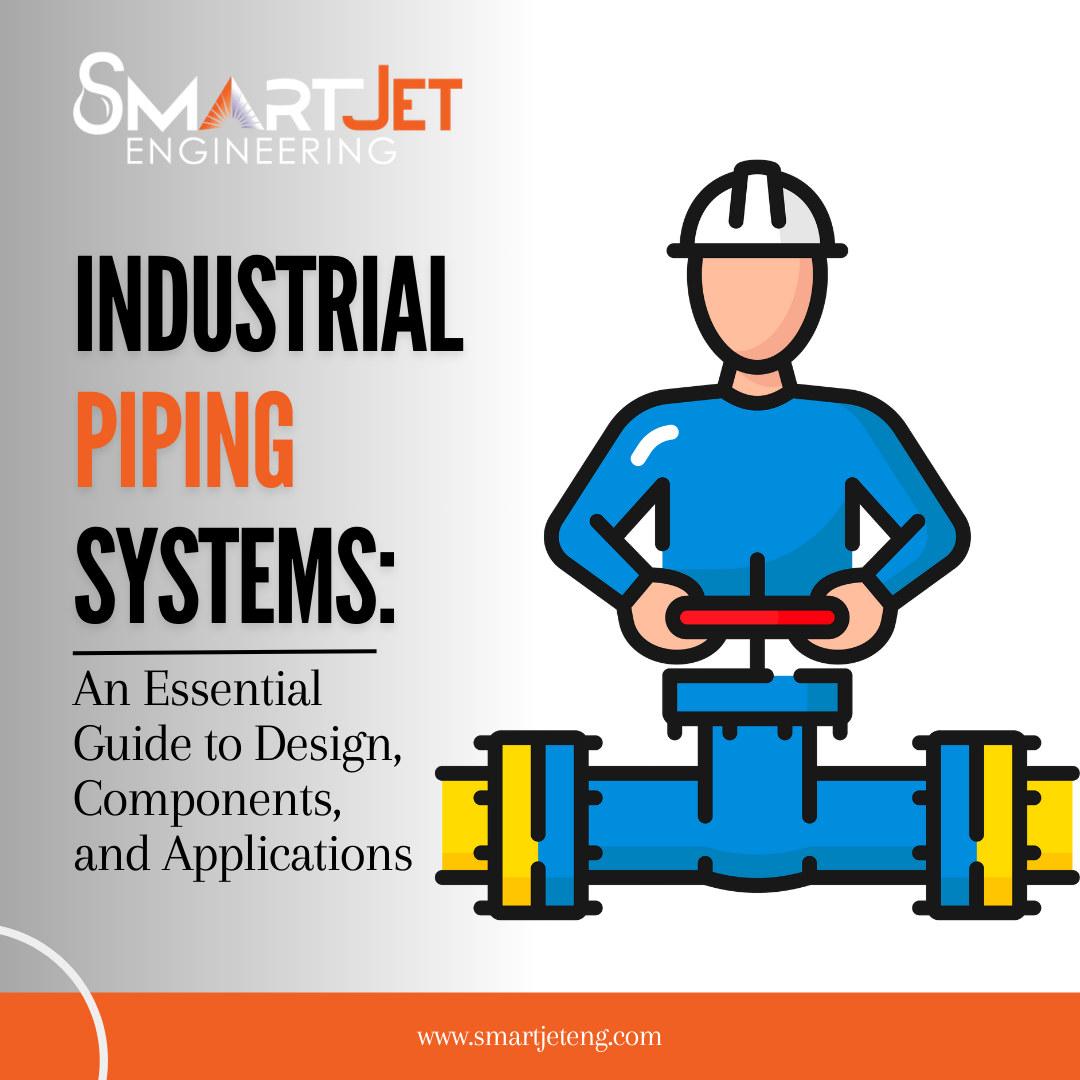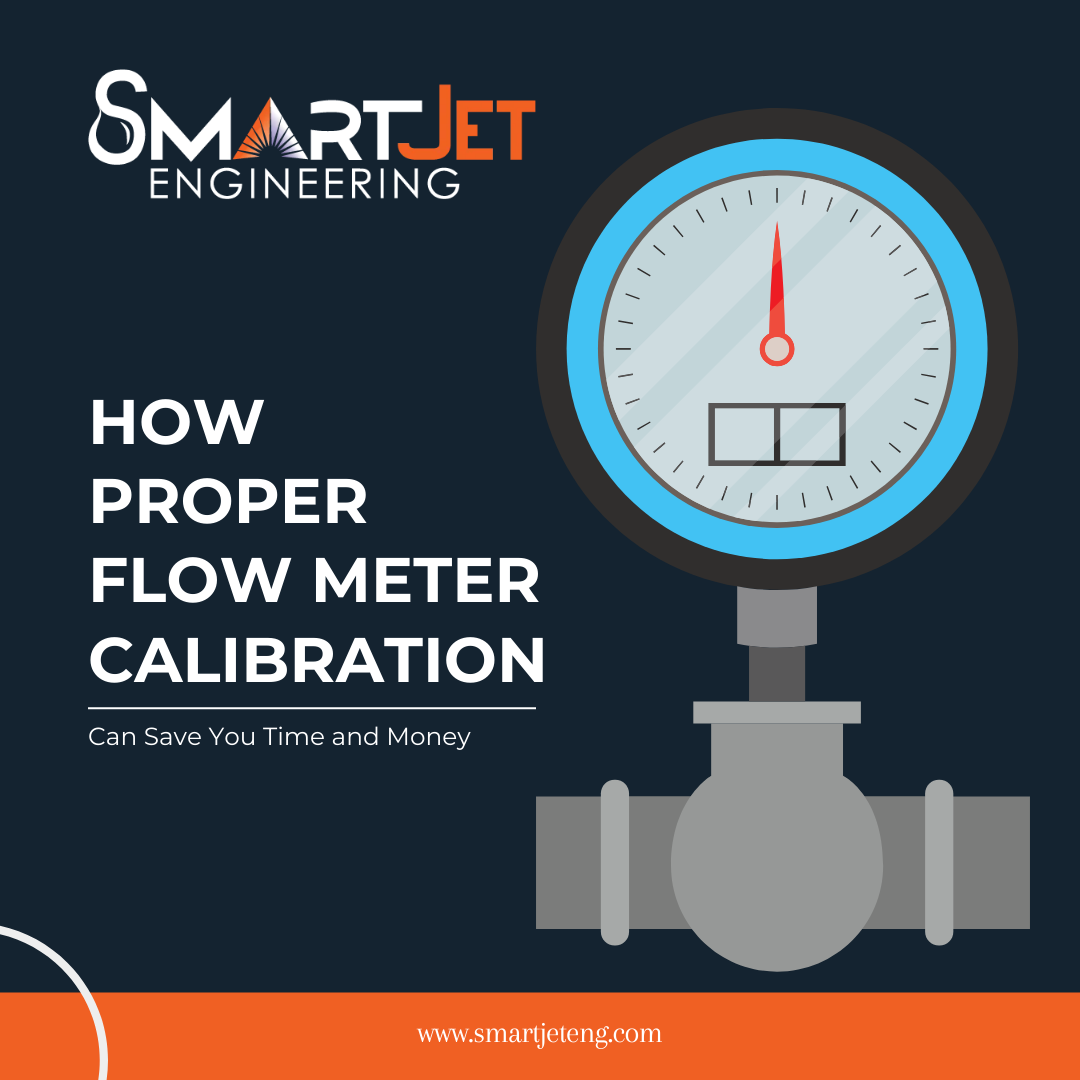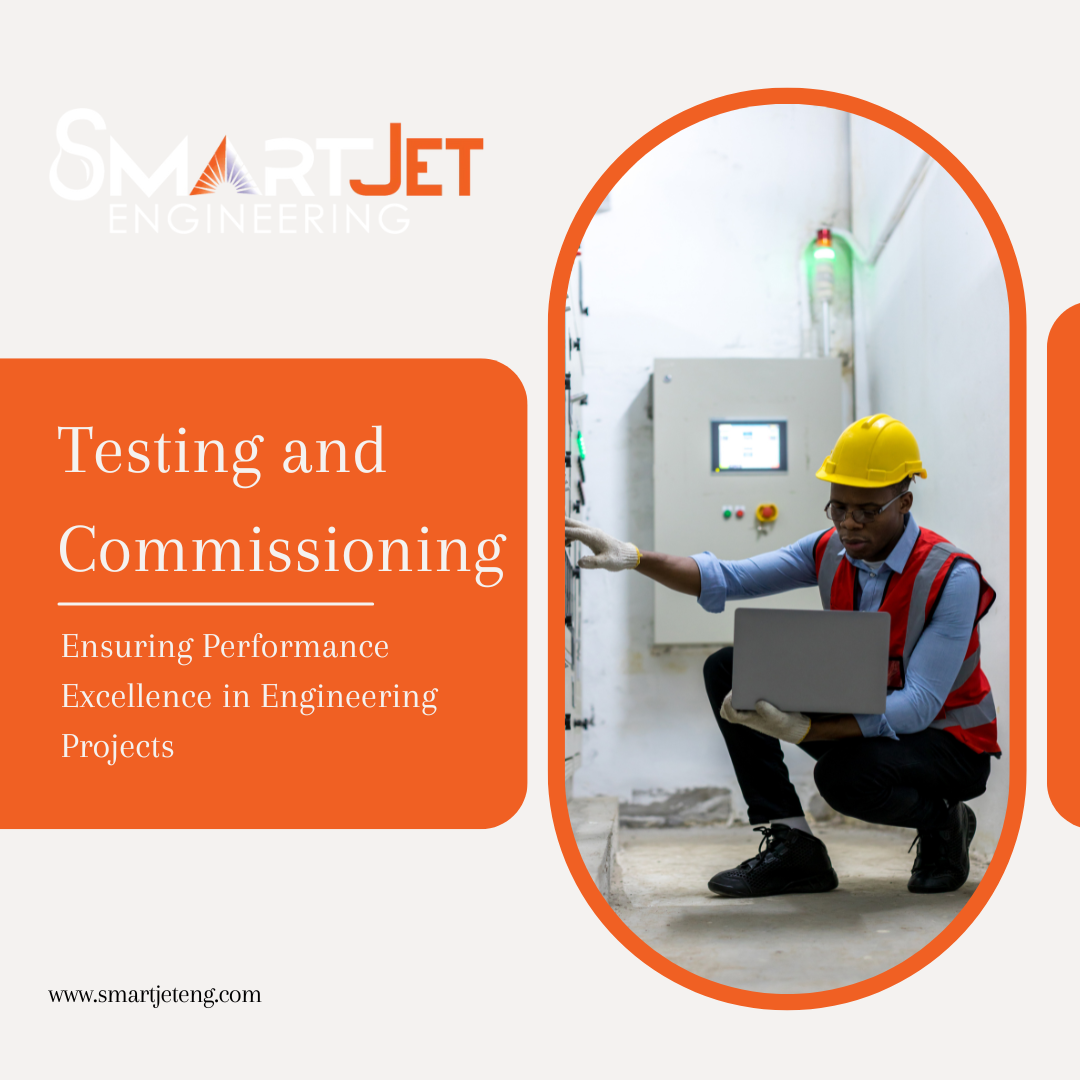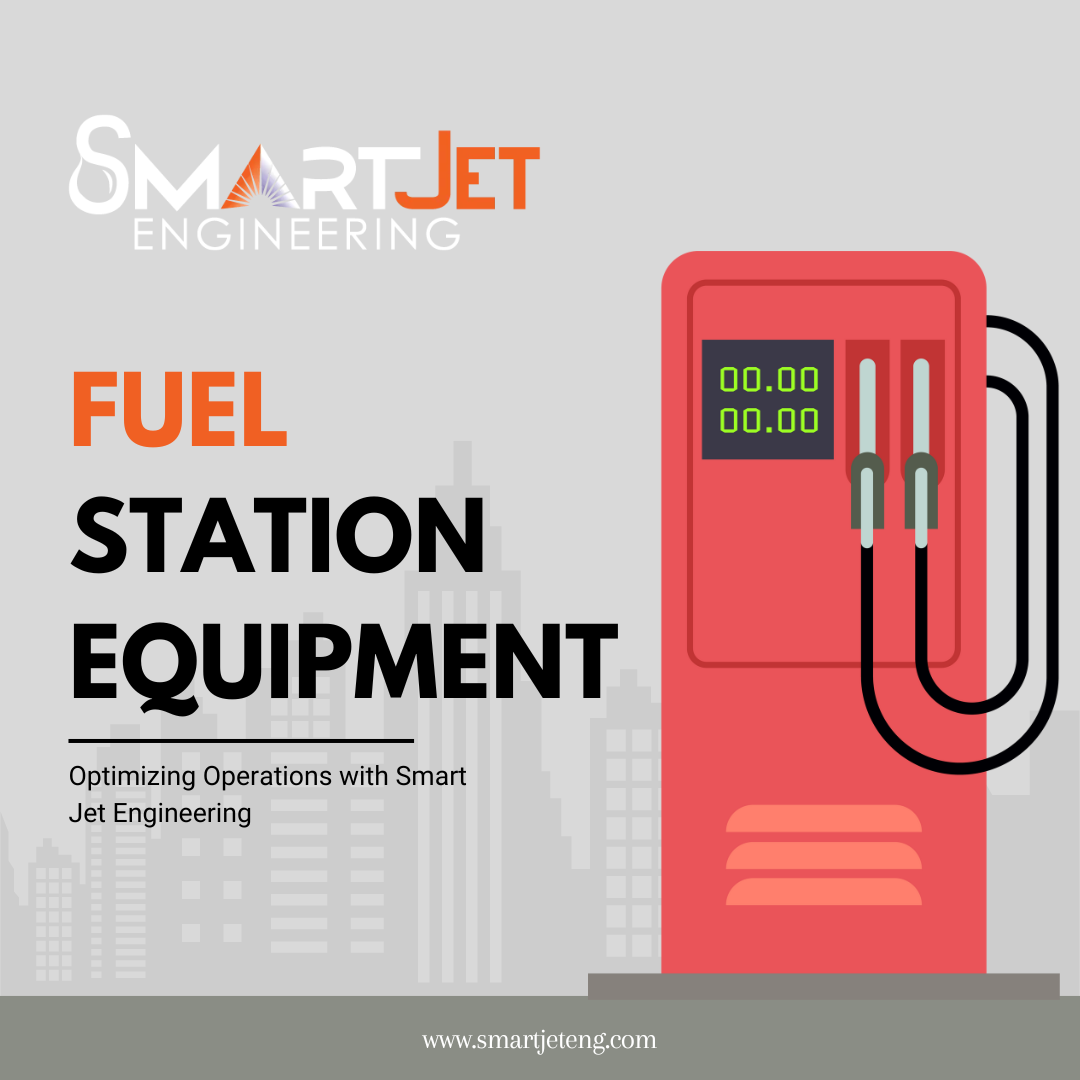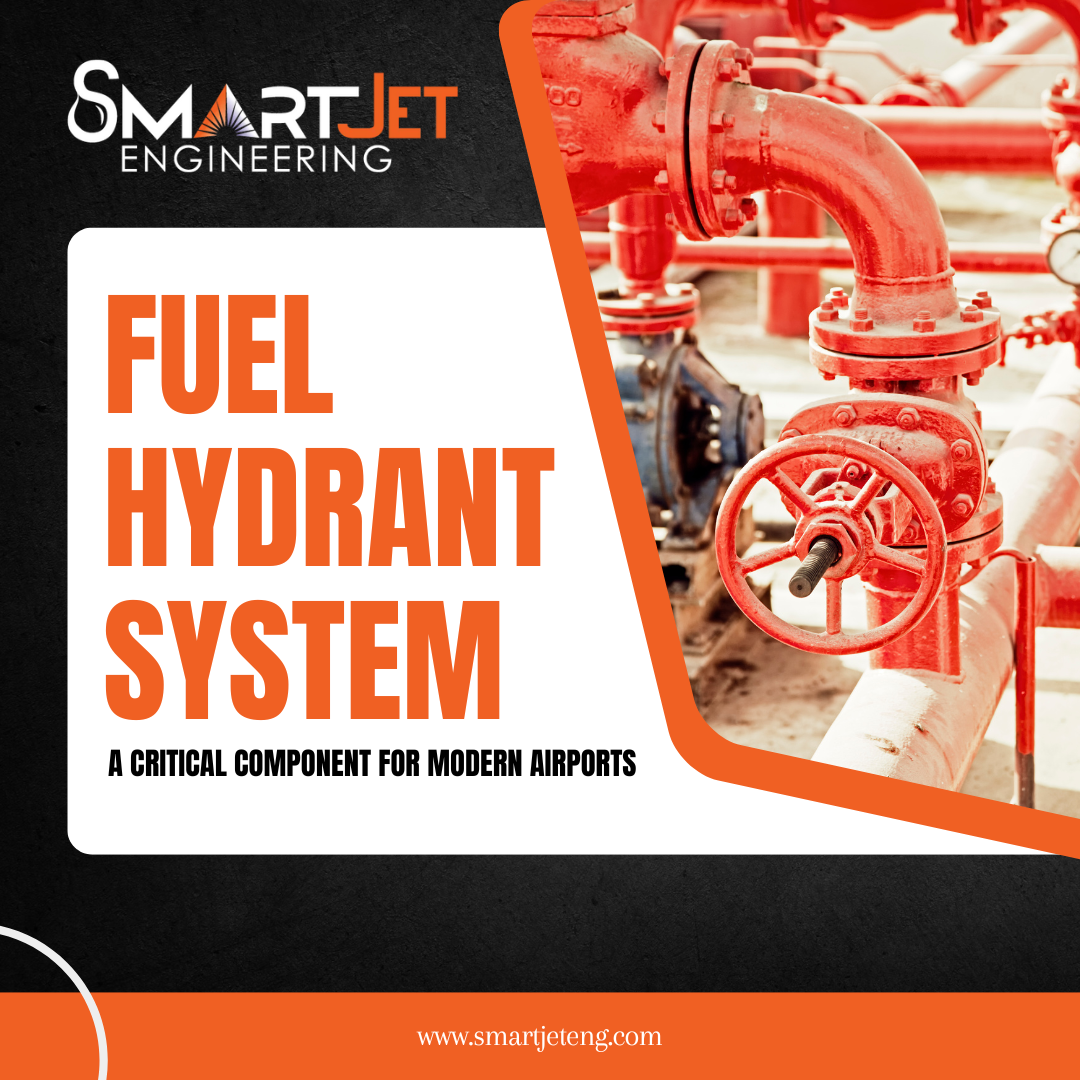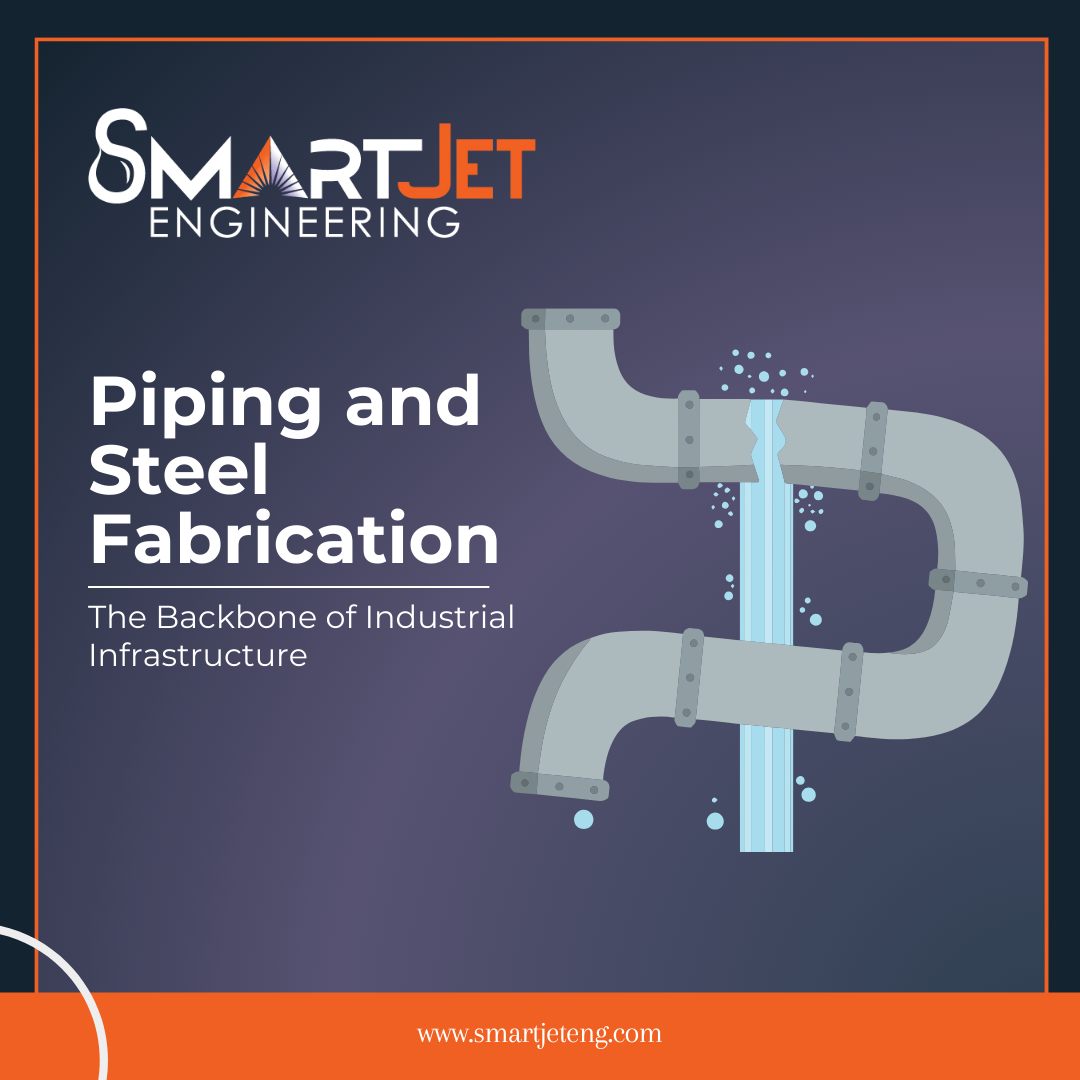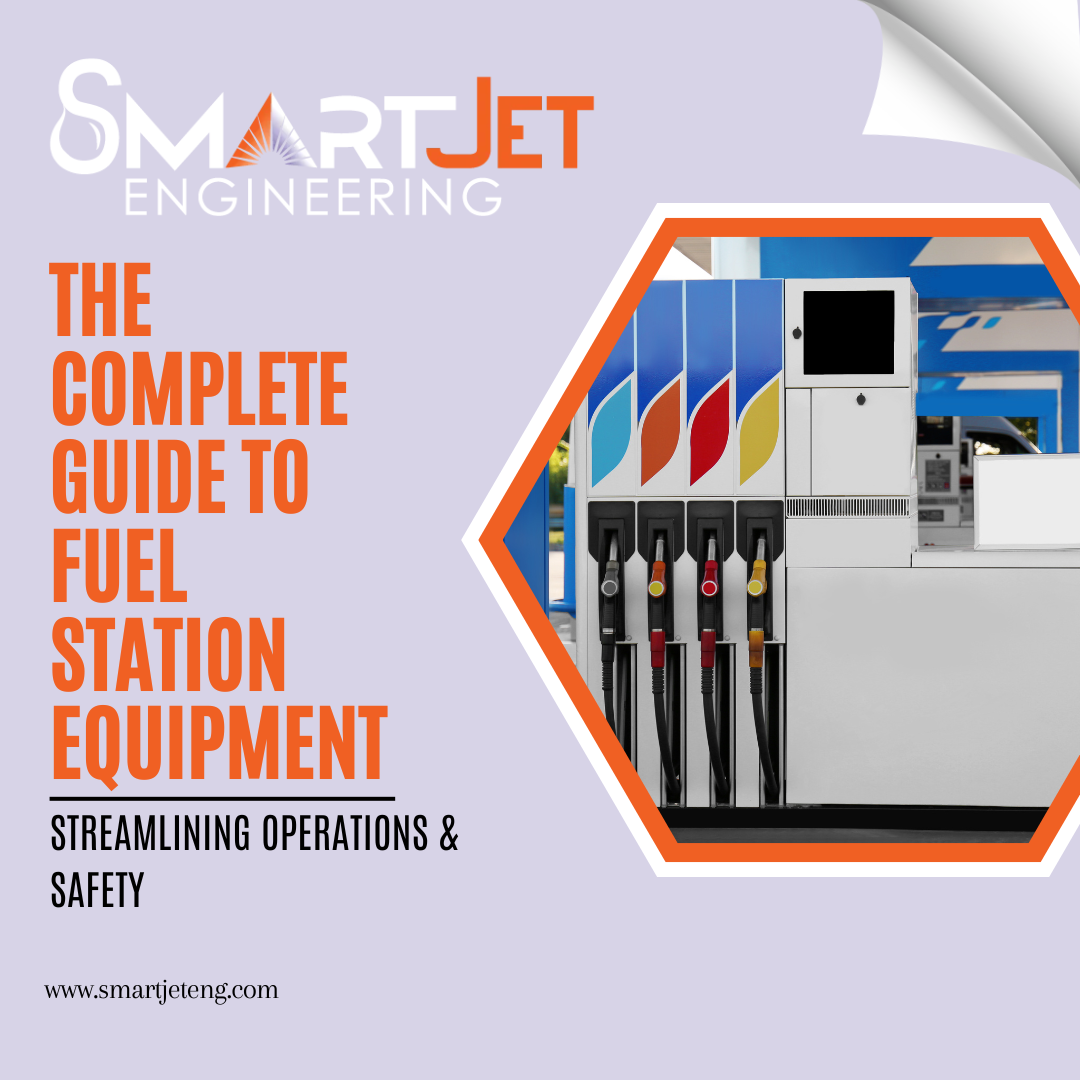Testing and Commissioning Are Critical
By - Admin

Why Testing and Commissioning Are Critical for Long-Term Performance
In any project, from building infrastructure to installing complex mechanical systems, the ultimate goal is for everything to work reliably and efficiently over the long term. But how can we ensure that? The answer lies in two critical processes: testing and commissioning. These two steps are essential for identifying issues before they become costly problems and for confirming that every component of a system operates as intended.
Testing and commissioning involve detailed inspections, trials, and evaluations that give a clear picture of a system's readiness and resilience. While these stages require time and resources, they provide assurance that the project will perform reliably, meeting its design intent and the expectations of those who rely on it. In this article, we’ll explore why testing and commissioning are indispensable for a project’s long-term performance.
What Are Testing and Commissioning?
Testing and commissioning are often used together, but they serve distinct purposes. Testing is the process of verifying that each part of the system meets specified requirements. This can include examining functionality, capacity, and safety, depending on the project. For example, in an HVAC system, testing might involve checking air flow rates, verifying temperature controls, and confirming proper power connections.
Commissioning, on the other hand, is a broader process that ensures the system, as a whole, operates according to the owner’s specifications and project requirements. It involves finalizing configurations, tuning system settings, and verifying that all components work seamlessly together. In essence, commissioning is the last check before handing the system over to the owner, guaranteeing that it’s ready for full operational use.
Why Testing and Commissioning Are So Important
Testing and commissioning are essential because they establish a baseline of performance and reliability. Without these processes, it’s difficult to know whether a system will meet its intended functions or how long it will last. Imagine moving into a new building, only to find that the heating system doesn’t work properly or the lighting is inconsistent. Testing and commissioning prevent such issues from impacting users, minimizing risks and maximizing operational efficiency.
Detecting Problems Early
Testing and commissioning play a critical role in catching potential problems before they become serious. For instance, during testing, engineers might find that certain components don’t meet the required standards or that they wear out faster than expected. By identifying these issues early, teams can address them before they affect the system’s overall performance. This proactive approach helps reduce long-term repair and maintenance costs, saving both time and money in the future.
Enhancing Safety and Compliance
Safety is paramount in any project, especially in industries like construction, energy, and manufacturing. Testing and commissioning are vital for ensuring compliance with local, national, and industry safety standards. Without these processes, undetected hazards could lead to accidents or even catastrophic failures. For example, a poorly tested electrical system might cause fires, while untested HVAC systems can fail to provide adequate ventilation. By following testing and commissioning protocols, companies create safer environments and ensure they meet all required safety codes and certifications.
Optimizing System Performance
When systems are tested and commissioned thoroughly, they tend to operate at peak performance. This means they use resources, like energy or water, more efficiently, reducing waste and lowering operational costs. For example, an HVAC system that has been properly commissioned will deliver balanced airflow, maintaining comfortable temperatures without using excessive power. In contrast, a poorly commissioned system might cycle frequently or operate inefficiently, driving up utility bills and wearing out equipment faster.
Through careful testing and commissioning, systems are calibrated to run optimally, reducing downtime and extending equipment life. This is particularly beneficial for complex systems like data centers, hospitals, or industrial facilities where reliable performance is non-negotiable.
Supporting Long-Term Reliability
One of the biggest advantages of testing and commissioning is their contribution to a system’s long-term reliability. Equipment that passes these stages is much less likely to fail unexpectedly. For example, in a manufacturing plant, the reliability of each machine directly affects production targets and overall profitability. Testing and commissioning each machine ensure that it can handle the required workload and that it has been set up to operate as intended under daily conditions. This level of confidence is essential for businesses that depend on smooth, uninterrupted operations.
Reducing Maintenance and Repair Costs
When a system is well-tested and commissioned, it’s less prone to frequent repairs and maintenance. Issues identified during these stages are corrected before full operation begins, which means fewer breakdowns and malfunctions in the future. This doesn’t just save money on repairs; it also minimizes disruption. For example, testing and commissioning a building’s plumbing system can reveal potential leaks or pressure issues, allowing for repairs before the system is in daily use. The result? Fewer emergency fixes, less downtime, and a more consistent user experience.
Improving Energy Efficiency
Energy efficiency is a key concern across industries, especially with the increasing focus on sustainability. Testing and commissioning contribute significantly to energy efficiency by ensuring that systems operate as intended. Consider a solar panel installation: testing verifies that each panel meets energy output standards, while commissioning optimizes the array’s performance in real-world conditions. Without these steps, the panels might not generate enough power, or they could require frequent adjustments, decreasing their efficiency and shortening their useful life.
Similarly, testing and commissioning of building management systems, such as lighting and HVAC controls, can lead to significant energy savings. With optimized settings, these systems consume only as much energy as necessary, which is good for both the environment and the budget.
Documenting the System’s Performance Baseline
Testing and commissioning provide detailed documentation of a system’s initial performance, which serves as a valuable reference for future maintenance and troubleshooting. This documentation includes test results, equipment settings, and configuration notes, which can be invaluable for operators down the line. If an issue arises, technicians can refer to these records to quickly identify whether performance has deviated from the baseline, helping them pinpoint and resolve problems more efficiently.
Building Trust with Stakeholders
For any project, whether it’s a new building or an upgraded production line, stakeholders—including owners, investors, and end users—need assurance that the project will deliver on its promises. Testing and commissioning demonstrate that every effort has been made to verify quality and functionality. This builds trust and confidence among stakeholders, showing them that the project has been carefully evaluated and is ready for use. For example, in large-scale projects like hospitals or data centers, a well-commissioned system reassures stakeholders that the facility can reliably serve its intended purpose.
Testing and Commissioning: An Investment with High Returns
Although testing and commissioning add time and cost to a project upfront, they pay off tremendously in the long run. By preventing costly repairs, enhancing efficiency, and ensuring long-term performance, these processes provide a solid return on investment. Think of testing and commissioning as preventive care for a system—just like regular check-ups help maintain good health, these processes keep systems running smoothly, extending their useful life and minimizing unexpected failures.
Conclusion
Testing and commissioning are the final and most crucial steps in ensuring a system’s success and longevity. From enhancing safety and reliability to optimizing performance and efficiency, these processes provide unmatched value for any project. Neglecting them can lead to operational hiccups, high maintenance costs, and a poor user experience.
At Smart Jet Engineering, we understand the importance of testing and commissioning for delivering top-quality, reliable systems. We are committed to providing rigorous testing and commissioning services that meet the highest standards, ensuring that our clients’ projects perform as expected from day one. Investing in these critical stages with Smart Jet Engineering means investing in peace of mind, performance, and long-term success.
FAQs
Q.1 Why are testing and commissioning essential in construction projects?
Testing and commissioning confirm that every system and component meets required standards, enhancing safety, performance, and long-term reliability.
Q.2 How do testing and commissioning improve energy efficiency?
These processes fine-tune systems to operate optimally, reducing energy consumption and lowering costs over time.
Q.3 What happens if a system skips testing and commissioning?
Skipping these steps can lead to early system failures, increased repair costs, safety hazards, and poor overall performance.
Q.4 Are testing and commissioning expensive?
While they require upfront investment, the savings from fewer repairs, optimized performance, and longer equipment life make them a cost-effective choice.
Q.5 How often should systems be tested and commissioned?
Testing and commissioning are typically conducted at installation, but regular inspections are also advised to maintain optimal performance over the years.
Search
Popular Posts

Fuel Management Systems: Smarter Control for Modern Fuel Operations
December 10, 2025

Pipe Support Engineering: Ensuring Strength, Stability, and Long-Term Reliability
December 10, 2025

Mobile Fuel Equipment: The Future of Safe and Efficient On-Site Refueling
December 10, 2025

Fuel Dispensing Systems: Reliable Solutions for Safe and Efficient Fuel Delivery
December 10, 2025

Tanker Refurbishment and Modification Services in UAE | Smart Jet Engineering
November 29, 2025






